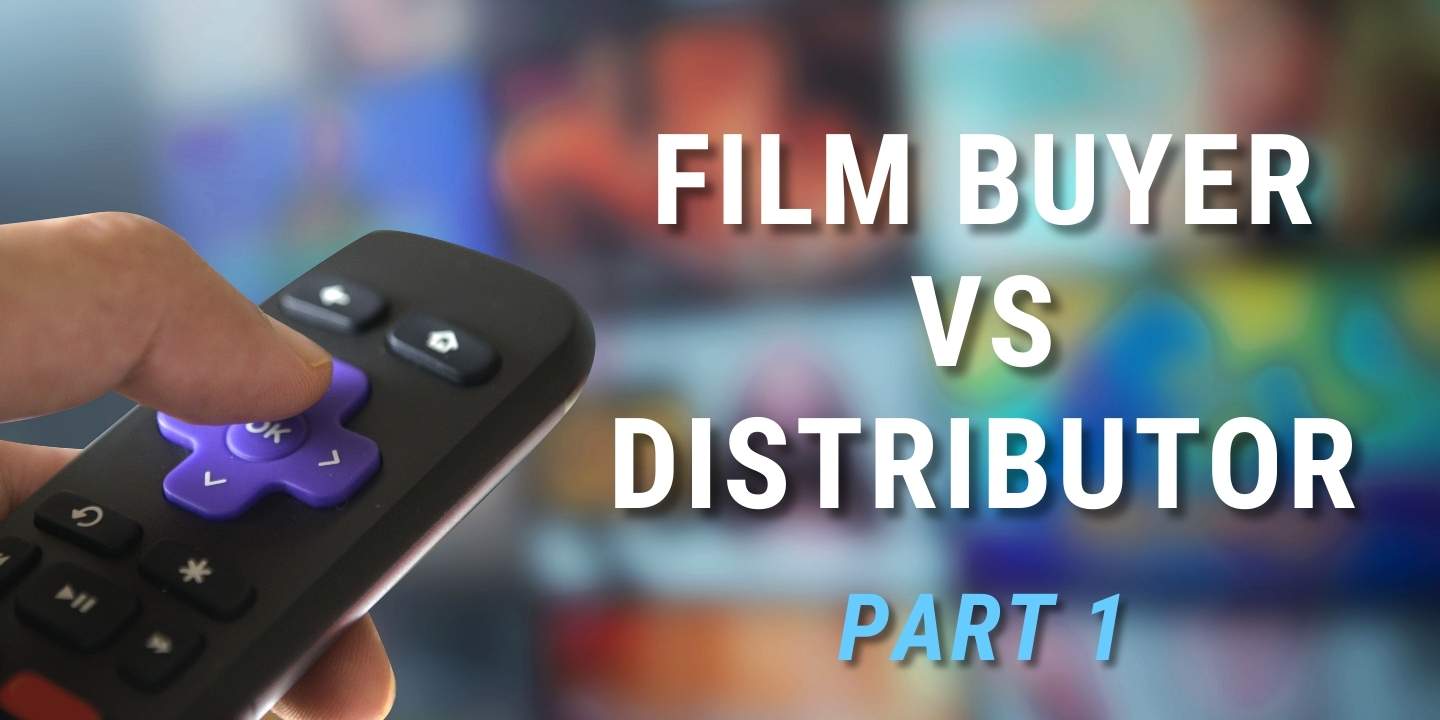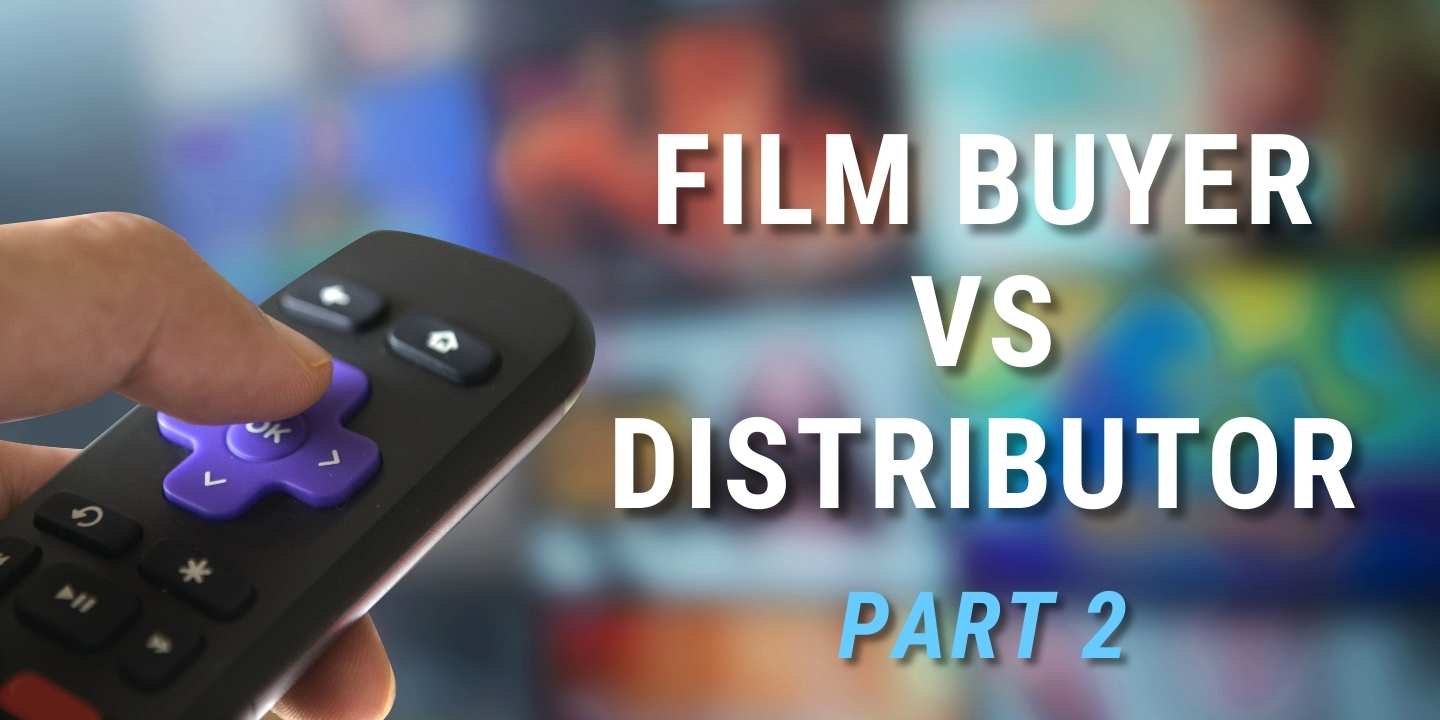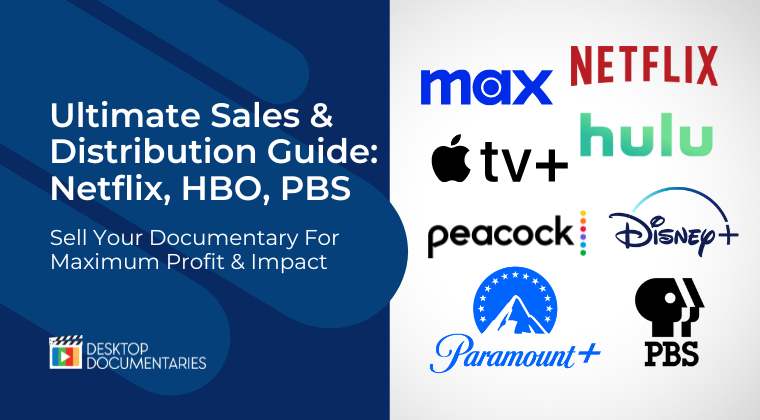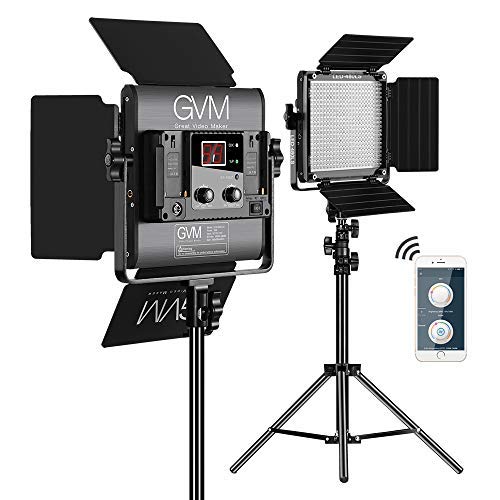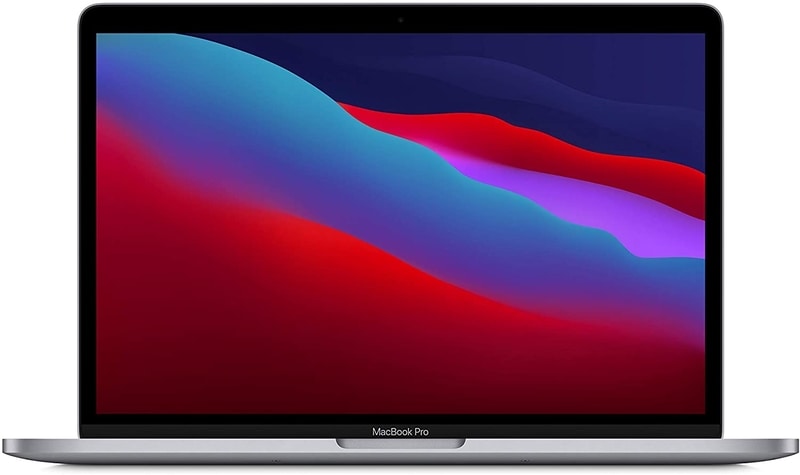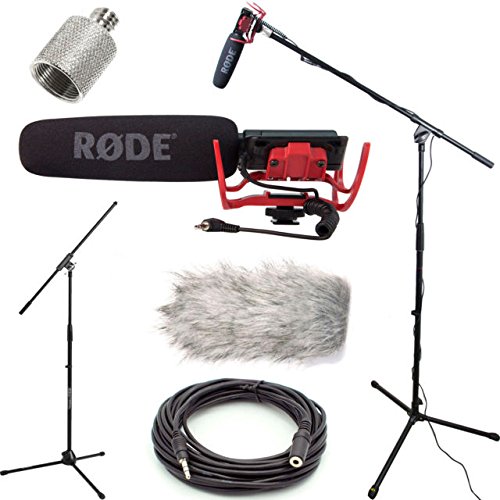Distributing Your Film:
The Difference Between A Film Buyer and Distributor
(And WHY IT MATTERS) - Part 2

Guest Post By: Anna Darrah / Co-Instructor of Ultimate Distribution Guide: Selling Your Doumentary For Maximum Profit and Impact
Film Buyer vs Distributor (PART 2) - GOING DEEPER
If you haven't already, please read the Part One of this article here first: Buyers vs Distributors and Why It Matters (PART 1).
Though the answer to “What’s the difference between a buyer and a distributor?” is simple, the ramifications of the answer in today’s distribution landscape is complex.
This is because companies are doing things differently as they learn that they can and as they are pushed by consumer demand.
They end up crossing the lines between distributor and buyer more and more frequently.
Getting into the nitty gritty, buyers are companies that offer their product directly to the consumer.
Distributors offer their product to other companies (many of whom are buyers, who will deliver the product directly to their consumers).
HBO and Netflix executives who are looking at films to acquire for their platforms are buyers.
They will deliver the films they buy directly to their consumers. Gravitas and Roadside Attractions are distributors, they are sublicensing the rights of their films to other companies.
Even when Roadside Attractions handles a theatrical release, they are licensing the film to the theater, which is where the consumer finds it.
So the theater chain could be considered the buyer, Roadside is the distributor.
The place where this distinction gets really confusing in today’s marketplace is when you see that HBO might, for example, place their shows onto another platform like Amazon Prime.
In this imaginary example, let’s say HBO (who we assume is a buyer because they offer their content directly to the consumer) acquires a completed documentary from a filmmaker, who then later notices that the show is available on Prime.
HBO has then taken on the role of distributor in the sense that they sold (licensed) the program to another company. Amazon Prime has then become the buyer because they will be showing the program to the consumer directly.
Many companies these days will 1) buy (acquire completed content) for their own platform; 2) produce their own content for their own platform; and 3) distribute their films through other companies as well.
The company I worked for did all of the above.
We had three branches to the company: one branch produced content; another branch licensed content for our own subscription-based platform akin to Netflix; and the third branch acted as a distribution company, selling an enormous library of film content to buyers and distributors.
I was buying (acquiring) for one branch of the company, and sometimes acting as distributor for the other.
I could see a film and want to “buy” it for our own platform, or ask for more rights from the filmmaker if we wanted to distribute the film in other ways as well.
If so many companies are doing so many things, why do we need to know the original definition of a buyer Vs a distributor? Because it’s the foundation for the whole conversation, and with these definitions as the organizing principal, my brain for one has a much easier time organizing all the new means and methods arising in this new world of distribution.
With new terms being introduced every day to describe the rights being asked for by different companies, it is becoming more and more confusing to be a filmmaker navigating the marketplace.
There are free TV bundles that offer ad-based revenue to filmmakers, there are streaming apps, OTT, Cable, Free and Pay TV, all the VOD’s and of course each method of getting to the consumer takes a different pathway through technology to get to those eyeballs. Those different pathways create the new language showing up in contracts.
Be sure to ask for definitions and get help if you need it.
Don’t sign something you don’t understand and get advice from a neutral party when you can.
It may help, the next time you’re out there reading and researching, to remember:
Buyers sell directly to consumers.
Distributors sell to other companies.
Just acknowledging this ground level distinction can clear up a lot of the confusion in the discussion of film distribution, especially as it is so rapidly evolving.
Go back: Film Buyers vs Film Distributors (PART 1)
Who Buys Documentaries? 13 Real-World Options For Selling Your Film
How To Find A Distributor For Your Documentary
About The Author

Anna Darrah is an experienced film buyer, negotiating with and licensing 800+ films while working for Gaiam and Spiritual Cinema Circle. She is currently Head of Development for Film Nest Studios.
Anna has been an active player on the festival circuit and currently advises filmmakers on custom distribution strategies.
She is Co-instructor for Documentary Sales & Distribution 101: How To Sell Your Film
NEW! Documentary Sales & Distribution 101
Make Money With Your Documentary
In This Series:
Go back to Film Buyer vs Distributor (Part 1)
